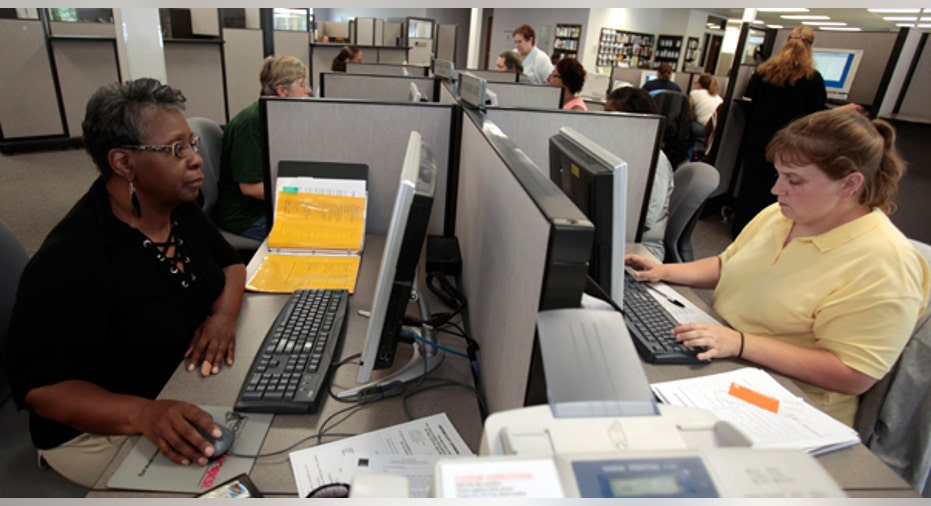Making Health at Work a Social Affair

In June, the American Medical Association officially recognized obesity as a disease with the hopes of bringing greater awareness to the growing epidemic in this country.
We are making headway when it comes to obesity awareness, but when it comes to moving the ball on behavior change, that’s an entirely different story.
Anywhere from 50 to 70% of health claims are lifestyle related—meaning most of our health problems are self created. We may know we are making bad choices, but we don’t seem to be doing anything about it, particularly when it comes to being overweight and out of shape. One company that is trying to make a difference is a San Francisco start-up called Keas, an employee wellness program.
According to its CEO Josh Stevens , the mission of Keas is to help America lose one billion pounds. He claims fixing the wellness issue in this country is roughly a $2 trillion opportunity due to a reduction in health-care costs and the potential boost to productivity at companies.
The numbers seem to back him up. According to the World Economic Forum, companies that actively promote health and well-being experience:
- 3 times more productivity;
- 4 times less turnover in a given year;
- 2.5 times better employee performance.
Stevens says facilitating social interaction in the workplace about wellness will create peer motivation and inspire employees to take charge of their health. Keas is a holistic system designed to integrate what Stevens refers to as the four major components of personal health management:
- Biometrics
- Health risk assessments
- Activity data
- Trends and personal tracking
The above information is uploaded into a Facebook-style internal social media platform designed to help employees manage and track their personal health information as well as share it with select colleagues, friends and family. The platform allows employees to create and share profiles, team pages and leaderboards, as well as get access to educational content.
The more data you have at your disposal the better informed and self-aware you are about your physical state, says Stevens, who adds that being able to share your progress adds an extra layer of accountability to keep you honest and motivated.
Research out of MIT has shown that individuals who participate in online health communities are 166% more likely to make behavioral changes. Stevens says his hope is that if workers can spend at least 10 minutes a day engaging each other on wellness experiences, this will inspire others to spend that needed half-hour of physical activity per day to get in shape. “Moral indignation can be a powerful motivator.”



















